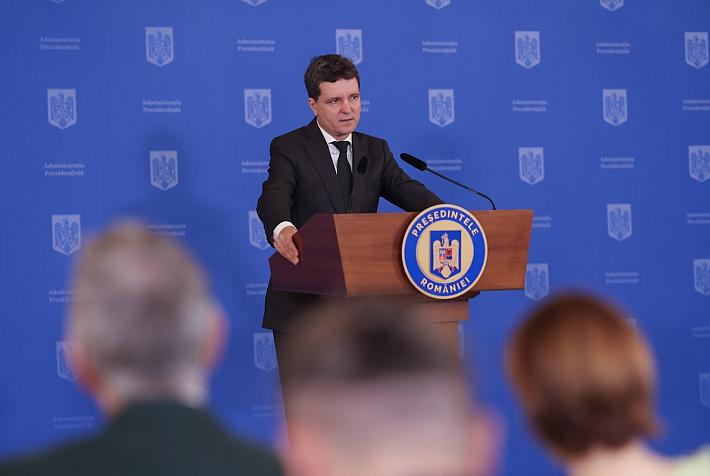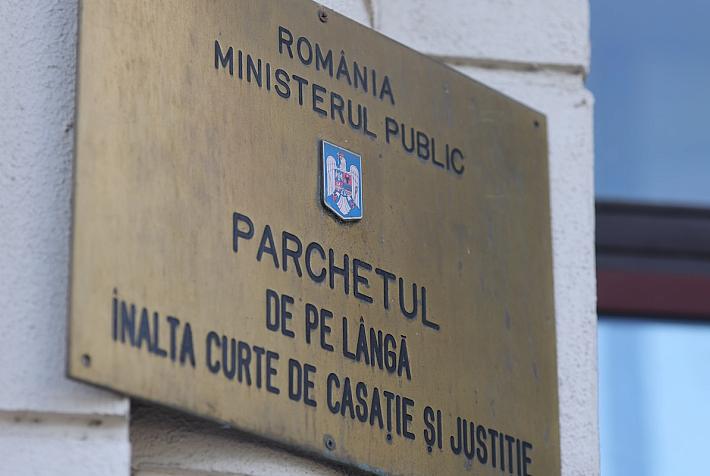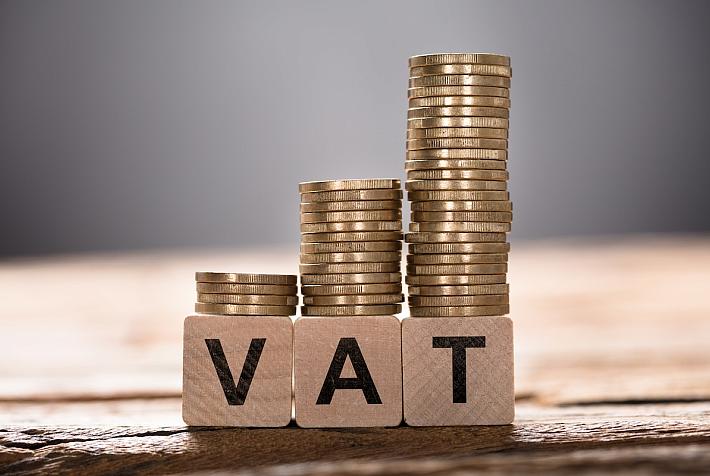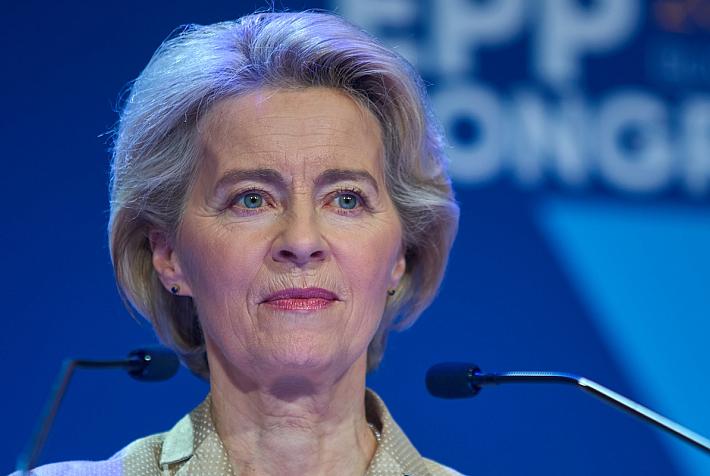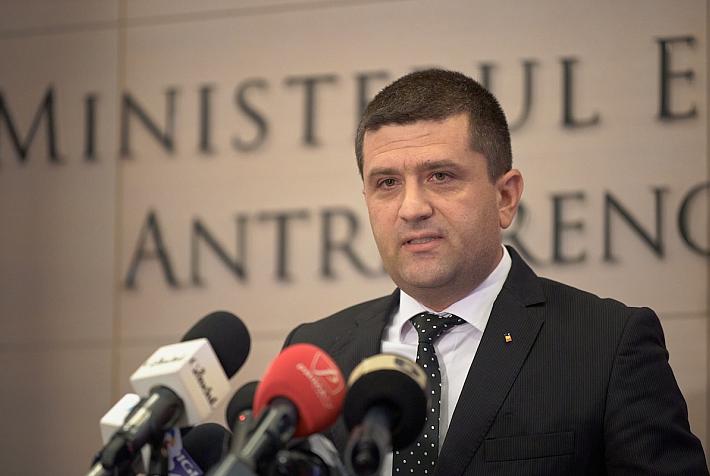Comment: Thank you, Enel, for a few hours of electricity a day!

Looking at the light and shadow dance the candle projects on the wall, my thoughts go back in time to when I was just a little boy. Each time the lights went out into the village, my grandmother would light up the kerosene lamp. I used to love watching its light dance on the walls and ceiling. It was warm and cozy in my grandparents’ little house as there was plenty of wood in the shed to keep up the fire in the stove.
I was only 4 or 5 and I didn’t understand much of what was going on. I used to enjoy those moments when the lamp was lit.
The grownups probably didn’t share my enthusiasm, as this happened quite often. Later, I found out that power outages were a common thing in the late 1980s, when Romania’s communist dictator Nicolae Ceausescu decided to use all the country’s energy resources to produce for export and pay off the external debt. He decided to reduce the electricity consumption for household use (lighting and heating) and only gave his people four or five hours of hot water per day, not to mention that there was almost no food to buy at the stores.
Those were dark times, literally, as people would spend their evenings in the dark, or at the fickle light of a kerosene lamp, or candle (which were common household items back then). Not all people were as lucky as me and my grandparents, as those living in apartment blocks in the city were also enduring the cold during the long winter nights.
When gathered around the lamp, in the intimacy of their homes, some would whisper “Multumim partidului! (We thank the party!)”, not to loud, as not to be heard. Later I found out that they were referring to the communist party and they were not thanking, but rather voicing their discontent of the way things were going. They couldn’t say it too loud because some other could have heard them and maybe tell them to the “Securitate” the regime’s oppressive arm.
Many things have changed in Romania in the past 26 years that have passed since Ceausescu’s fall. Romania is a democratic country now, with a market-driven economy and freedom of expression. Romanians now have plenty of everything: plenty of food, plenty of gadgets, plenty of internet, and even plenty of electricity. Romania now produces so much energy that there is not enough internal demand for it and so some of it goes to export.
And yet here I am, staring at the lit candle on my dining room table, not because I feel romantic tonight, or because I want to relive that moment in my childhood, but because the power is out. It has been out at least five times in the past two days, more than half of the active hours (6:00 to 24:00). Not just at my place, but in several buildings in our area. We don’t even live in the countryside, but in the heart of Bucharest, one kilometer away from the University square. From the balcony, I can even see the Parliament’s Palace just across the park.
We called our electricity provider, Italian group Enel. The people in their client support department (after asking us a lot of details about our contract, our client code and so on) would tell us that there’s a breakdown in the area and that it would get fixed in a few hours. And they fix it, and we are glad to have electricity again, and then, again, in the worst possible moment, the electricity went out again. And again, and again... (Today is the third consecutive day when this has happened.)
We are not even angry anymore, we have passed that. We are more worried that because the power is out, our gas-powered heating system (that also needs electricity to start) doesn’t work. And it’s getting chilly in the apartment (oh, how I miss that wood stove now), and we have to dress up our 5-months old son as if we were going out to keep him warm. Luckily, the winter has been mild so far, and temperatures didn’t go below zero yet, but what if this happened when there were minus 10 degrees outside?
Who do I have to thank for this? We’re not living in communism anymore, Ceausescu is long dead, and the Romanian state has privatized the electricity distribution. Everyone thought that the state was a bad manager and if these utilities were privatized things would improve. Everyone expected that a private operator would invest in infrastructure and improve the services. However, today I see no major improvement. And like me, many others that live in Bucharest and surrounding areas.
I’ve lived in several places in Bucharest, and I’ve had power outages everywhere. I remember that a couple of years back I was stuck in the elevator, in between floors, for half an hour, before someone helped me to get out, because of a power failure. At another place I used to live, when the power went out so did the running water. Oh, what a joy that was!
I see Enel bragging with their new and improved website. Yesterday, they posted on Facebook that they had just won the Global Innovation prize for one of their projects. I see them posting pictures of street art they finance (#cityofenergy). It is great that they invest in improving the communication with clients and in making the city look nicer, but I would be greater if they invested in their core operations. I would prefer to have a better distribution network and no power outages than to see light bulbs painted on a power box in a park.
We even wrote this on their Facebook page and they were kind enough to answer. Here is what they said: “We apologize for the inconvenience. Enel’s investments have gone exactly in these directions in the past ten years. The network has a high coverage and we have been making progress in keeping up with increased consumption. It is true that problems may appear, but we guarantee you that our specialists are doing their best to solve them.”
When we asked why the repairs take hours and why the problems keep coming back, they added: “There are indeed areas where no interventions have been made, because it hasn’t been necessary. We have focused on areas where the situation was much worse and the problems that existed made repairs take even longer.”
Indeed, they seem to have a good social media team that is kind enough to answer to people’s complaints, but this does not solve my problems. The problem with such private utility providers is that they seem more interested in looking good than solving problems. They invest a lot in communication, PR, CSR, because it’s cheaper than to invest in improving the services they provide. And they are lucky to be monopolies, so their clients, happy or not, can’t leave.
What else are they interested in? Profits! Looking at the official figures, we see that Enel paid the Romanian state EUR 395 million in 2008 to take over the electricity distribution company Electrica Muntenia Sud. The group also brought EUR 425 million into the company via a capital increase. From 2008 until 2014, Enel Distributie Muntenia made total net profits of over EUR 300 million. The company officially had EUR 420 million into its bank accounts at the end of December 2014, according to data from the Finance Ministry. Maybe someone should officially ask them why they haven’t invested more of that money into the electricity distribution network.
Meanwhile, they are sitting with the cash in the bank and we are sitting in the dark. So I can only “thank” Enel for the few hours of electricity they have provided to us in the past few days, which allowed us not to freeze in our apartment in the heart of the capital of free and democratic Romania.
By Andrei Chirileasa, Editor-in-Chief of Romania-Insider.com






